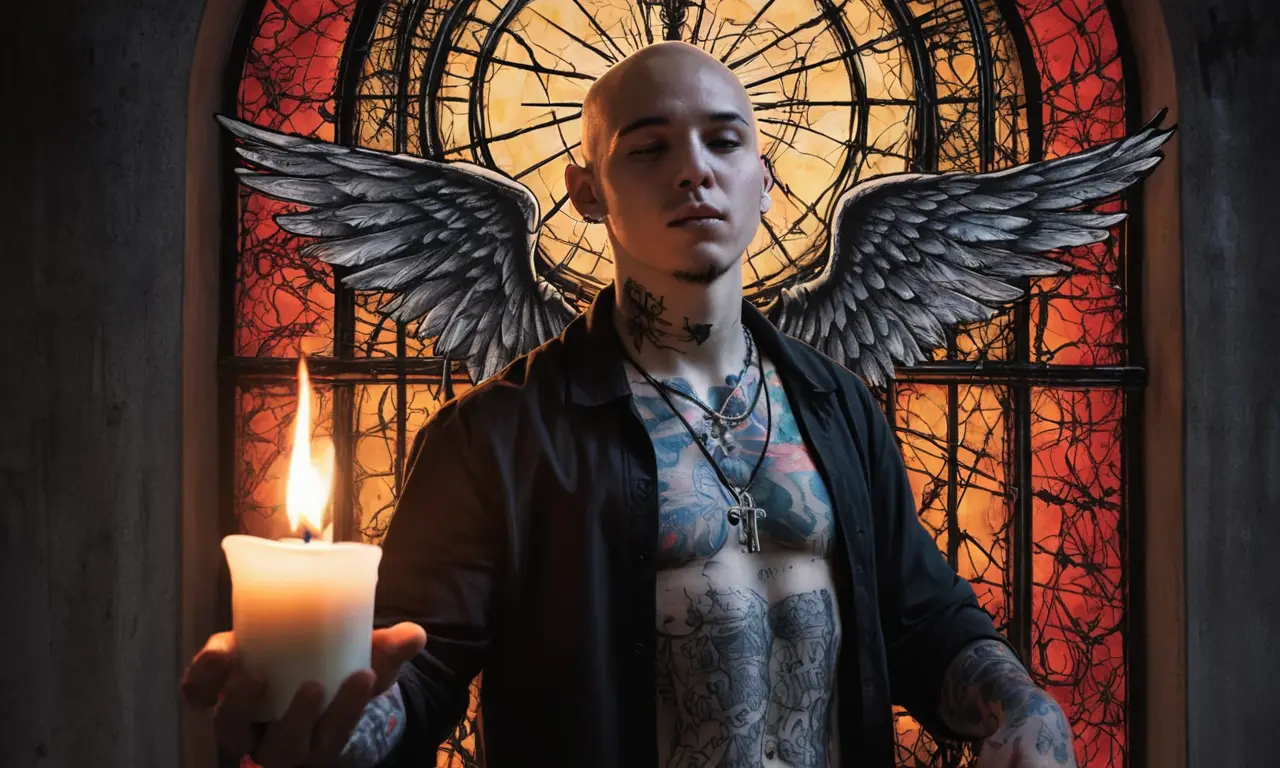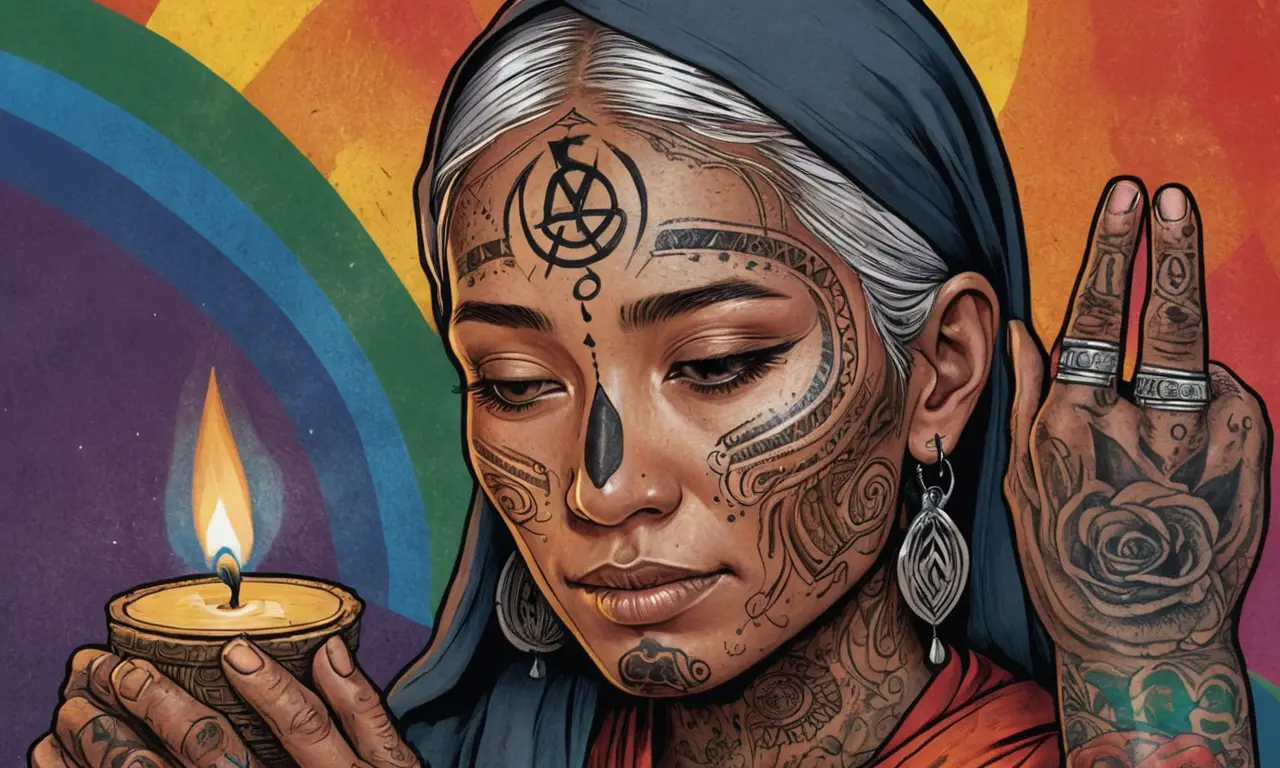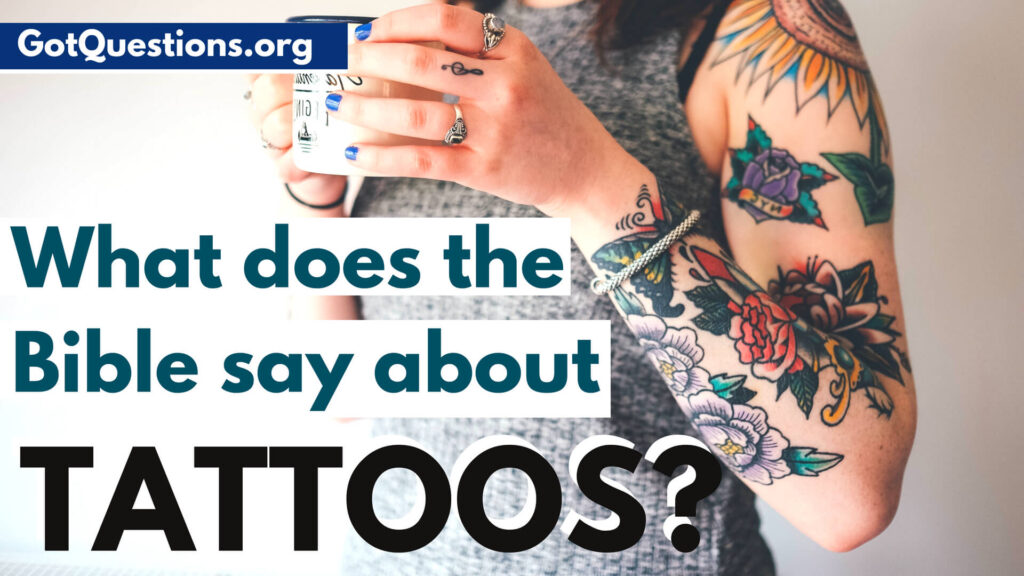The decision to get a tattoo is often met with mixed reactions, ranging from admiration to disapproval. A significant factor influencing these perspectives is the question of whether is getting a tattoo a unforgivable sin. This deeply personal choice intersects with religious beliefs, cultural norms, and individual values. This article delves into the diverse viewpoints surrounding tattoos, exploring their historical context, religious interpretations, and the evolving role they play in modern society.
We’ll examine various religious stances on tattoos, analyze the shift from taboo to acceptance, and discuss how personal values shape this decision. Additionally, we’ll explore the cultural significance of tattoos throughout history and their contemporary relevance. By understanding these multifaceted perspectives, we can gain a more comprehensive understanding of the complex issue surrounding tattoos.
Religious Views on Tattoos
Throughout history, religious beliefs have played a significant role in shaping societal attitudes towards tattoos. Some religions view tattoos as inherently sinful or sacrilegious, while others hold more lenient interpretations.
Leviticus 19:28, for example, states, “You shall not make any cuttings in your flesh for the dead, nor tattoo any marks on yourselves: I am the Lord.” This verse from the Old Testament is often cited by those who believe tattoos are forbidden by God. Similarly, some branches of Christianity interpret this passage as a direct prohibition against body art.
However, other religious traditions hold different perspectives. Hinduism, for instance, has a long history of using tattoos for spiritual and ritual purposes. In some cultures, tattoos are seen as a form of adornment or a way to connect with ancestors. Buddhism also embraces tattoos in certain contexts, particularly those depicting sacred symbols or figures.
Taboo vs. Acceptance

Historically, tattoos have often been associated with marginalized groups, criminals, or sailors. This stigma contributed to the perception of tattoos as taboo or undesirable in many societies.
However, societal attitudes towards tattoos have undergone a significant transformation in recent decades. The rise of celebrity culture and the increasing acceptance of body modification have led to a more mainstream embrace of tattoos. Today, tattoos are widely accepted as a form of self-expression, art, and personal identity.
This shift in perception is evident in the growing popularity of tattoo parlors, the diversity of tattoo styles, and the normalization of visible tattoos in various professions. While some traditional views may persist, the taboo surrounding tattoos has largely faded in many parts of the world.
Personal Choice and Values
Ultimately, the decision to get a tattoo is a deeply personal one that should be made with careful consideration of one’s own values and beliefs.
Some individuals choose tattoos as a way to commemorate significant life events, express their individuality, or honor loved ones. Others may view tattoos as a form of art or self-expression. It’s important to remember that there is no right or wrong answer when it comes to this decision. What matters most is that the choice aligns with an individual’s personal convictions and beliefs.
Before getting a tattoo, it’s essential to research reputable artists, consider the design carefully, and understand the potential implications of permanent body art.
Cultural Significance of Tattoos

Tattoos have held cultural significance throughout history, serving various purposes in different societies.
In some cultures, tattoos are used as a rite of passage, marking a transition into adulthood or a specific social role. Others use tattoos to signify tribal affiliation, clan membership, or religious beliefs. Historically, tattoos have also been used for identification, storytelling, and even medicinal purposes.
Traditional Tattoo Practices
Traditional tattoo practices vary widely across cultures. Some cultures utilize hand-tapped techniques with sharpened bone needles and natural pigments, while others employ electric tattoo machines and modern inks.
The designs themselves often reflect the cultural values, beliefs, and artistic traditions of the community. From intricate Maori patterns to bold Japanese koi fish tattoos, traditional tattoo practices offer a glimpse into the rich history and cultural diversity of different societies.
Tattoos in Modern Society
In contemporary society, tattoos have become increasingly mainstream, embraced by individuals from diverse backgrounds and walks of life.
The rise of social media has further fueled the popularity of tattoos, showcasing a wide range of styles and designs. Tattoos are now seen as a form of self-expression, art, and personal identity, allowing individuals to showcase their unique personalities and interests.
The Evolution of Tattoo Styles
Modern tattoo styles encompass a vast array of influences, from traditional Japanese motifs to neo-traditional American imagery, realism, watercolor, and abstract designs.
The evolution of tattoo styles reflects the changing cultural landscape and the constant innovation within the tattoo art community. Tattoo artists continue to push boundaries, experimenting with new techniques and incorporating diverse artistic influences into their work.
Conclusion
The question of whether is getting a tattoo a unforgivable sin remains a complex one, influenced by personal beliefs, religious interpretations, and cultural norms. While some religions view tattoos as taboo or sacrilegious, others hold more lenient stances. Ultimately, the decision to get a tattoo is a deeply personal choice that should be made with careful consideration of one’s own values and convictions.
Tattoos have evolved from marginalized symbols to widely accepted forms of self-expression and art. Their cultural significance continues to evolve, reflecting the changing social landscape and individual creativity. As societal attitudes towards tattoos continue to shift, it is essential to approach this topic with respect for diverse perspectives and personal choices.



